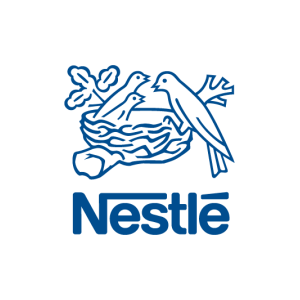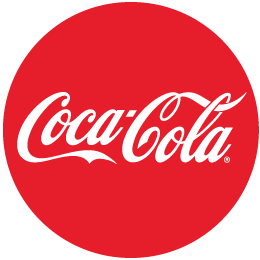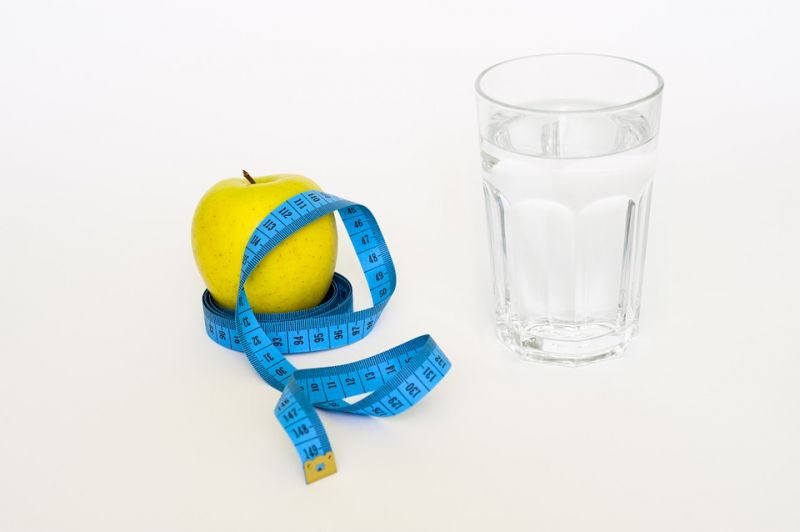Nestle and Coca-Cola Top List of Companies Disclosing Water Risk
Published on by Water Network Research, Official research team of The Water Network in Business
In its second Feeding Ourselves Thirsty report, nonprofit investor coalition Ceres found that the food
sector's management of water risks improved by 10 percent on average since its last report in 2015.


The top-scoring brands were Nestle (82 points, up from 64 in 2015); Coca-Cola (72 points, up from 67)
The packaged food and meat sectors made the biggest improvements.
The sector is still getting its feet wet, however: the average score for the largest global 42 food and agriculture companies in the report was only 31 points out of 100. Meat and agricultural producers lagged behind the packaged food and beverage industries.
Overall, "water management is an imperative for companies like never before," said Eliza Robert, a co-author of the report and lead of Ceres' agricultural water stewardship program. "As water scarcity and pollution continue to increase, corporate leaders must waterproof their business to protect and sustain water supplies."
The report gauged the 42 biggest public companies' responses to variables such as water dependence, water security and managing freshwater supplies. The companies were divided into packaged food, agricultural products and meat categories. Ceres analyzed them using publicly available data, such as 10-K filings and sustainability reports — judging their performance on water management in governance and strategy; direct operations; manufacturing supply chain and agricultural supply chain.
The top-scoring brands were Nestle (82 points, up from 64 in 2015); Coca-Cola (72 points, up from 67); meat manufacturer Smithfield Foods (33 points, no change from 2015) and Olam, a newcomer to the report. "Winners" in the beverage and meat industry were unchanged, but in packaged foods and agricultural products, Nestle and Olam usurped Unilever and Bunge.

Food-Water Nexus, Image source: Max Pixel
The highest scorers either improved their performance or remained the same from the last report, while rankings of some lower-performing brands dropped further. For example, Chiquita scored 20 points in 2015, but received a single point in 2017, which means it was barely disclosing any information about water risk management. Monster Beverages received zero points, down from one point in 2015.
Read full article: Green Biz
Media
Taxonomy
- Food Security
- Resource Management
- Water Footprint
- Water Resource Management
- Business Strategy
- Water Footprint Research
- Consumption